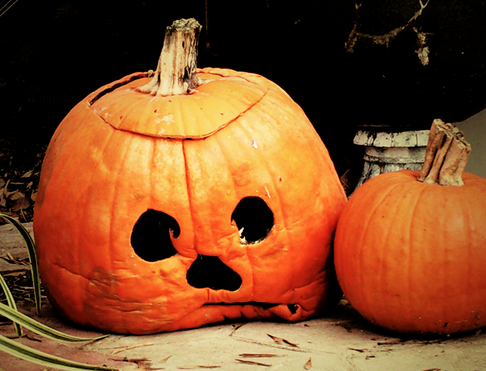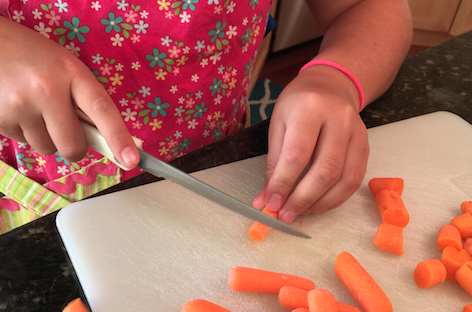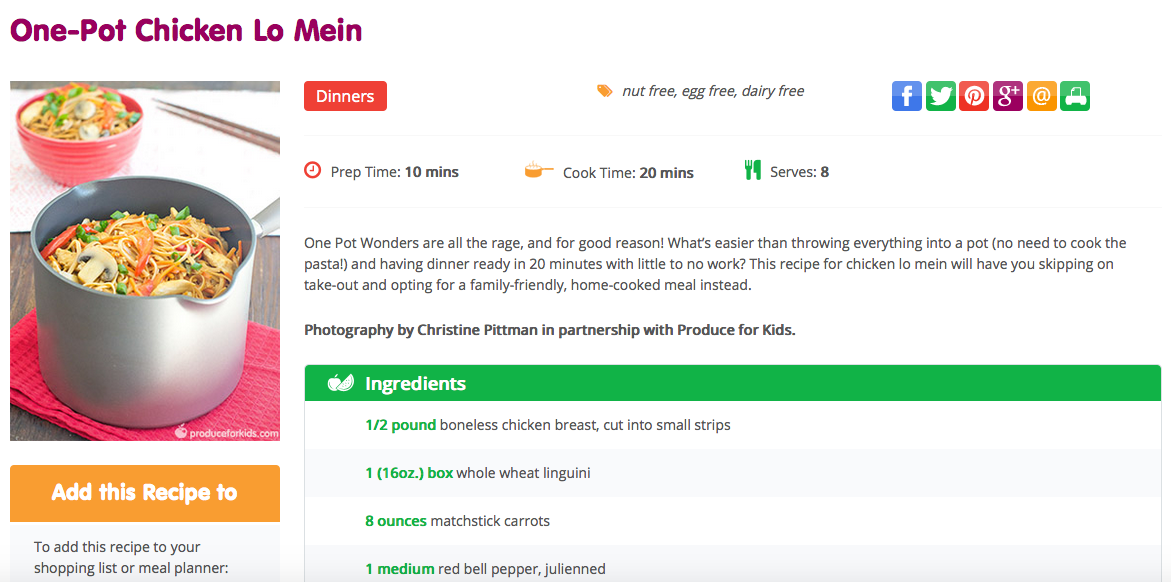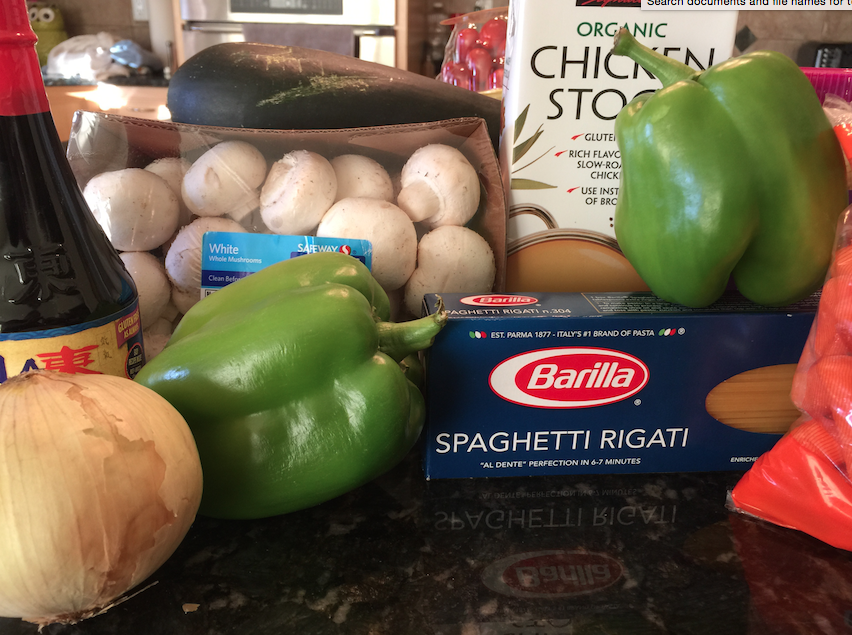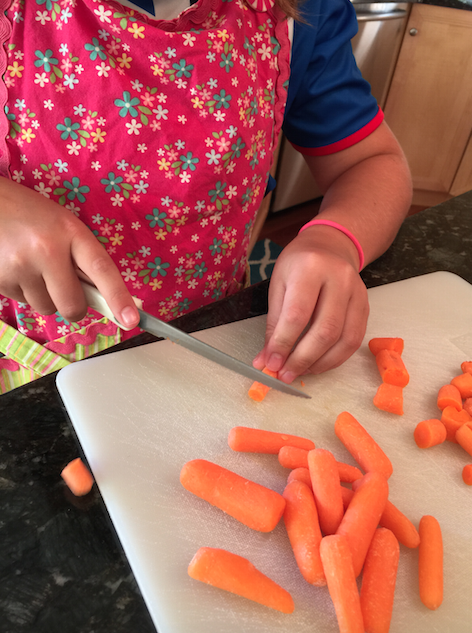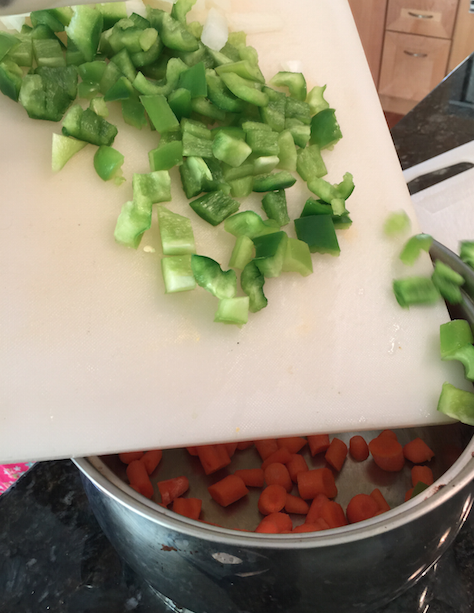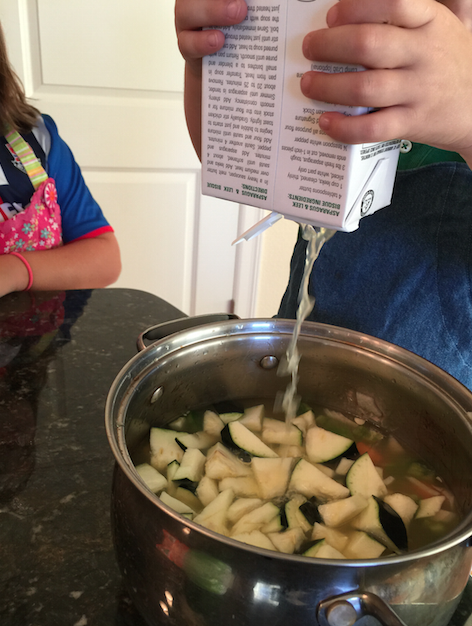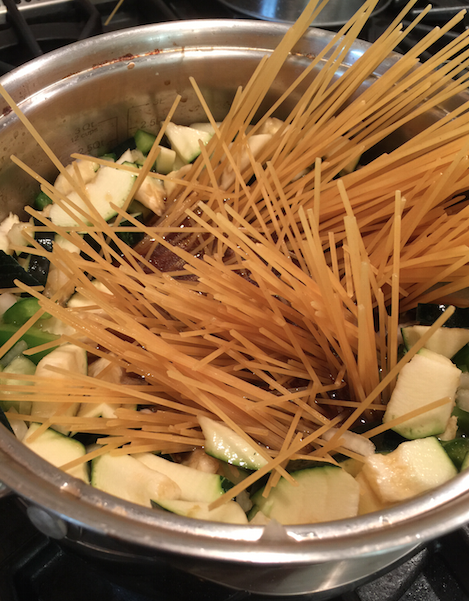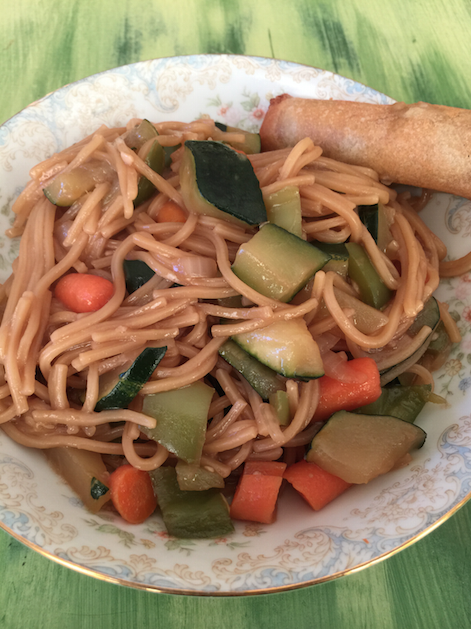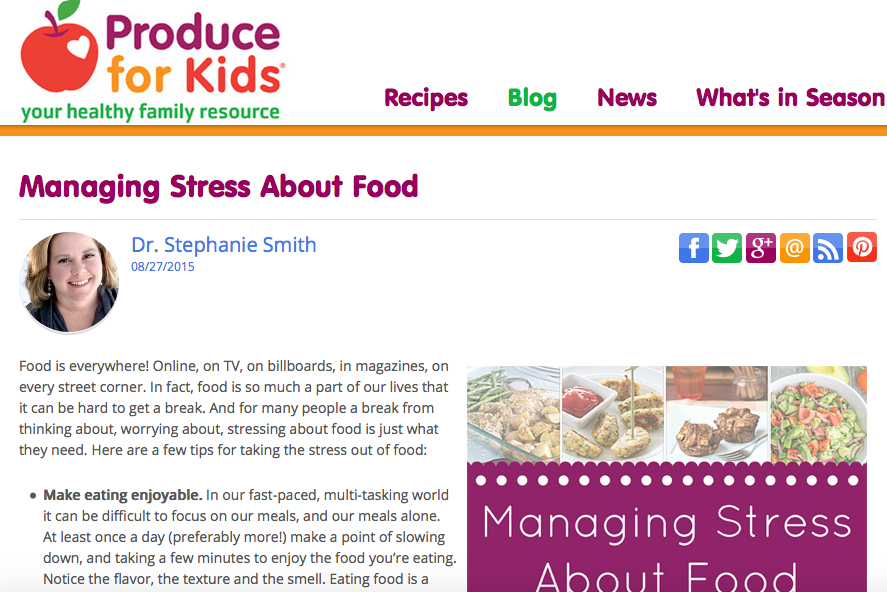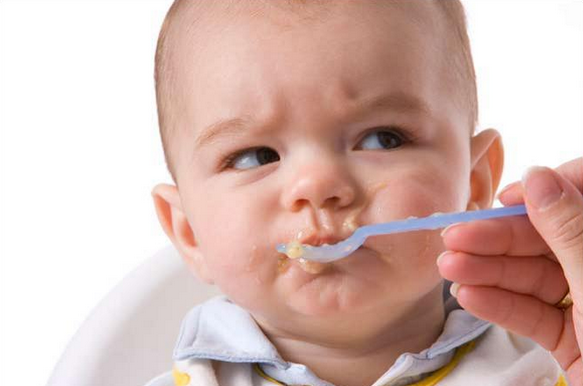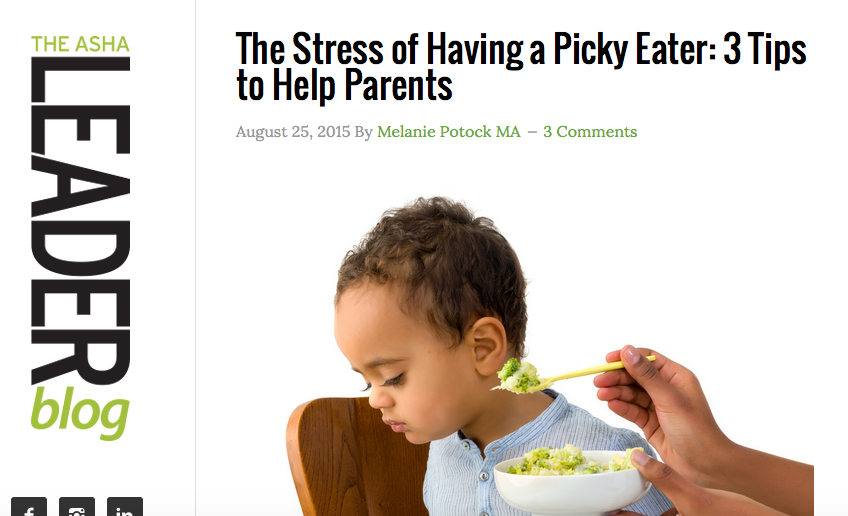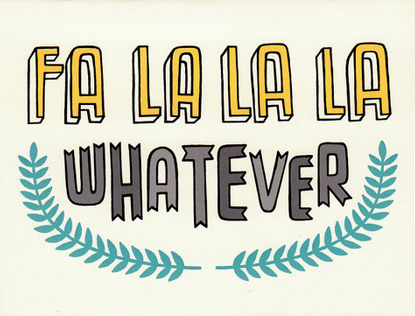
Image: This BettyTurbo card on Etsy cracked me up!
I have been writing a short series on the Holiday Blues. Yea, yea I know it’s still a million degrees out and the leaves have just started changing. Believe it or not, it’s this time of year; with ever-shortening days, and ever-expanding store holiday displays, when the Holidays Blues can begin to strike.
Last time I wrote about the signs and symptoms of the Holiday Blues. Today I’m going to offer some tips about managing the Holiday Blues, with the hope of actually enjoying the last 3 months of the year – holidays included. Here goes:
Take it a day at a time. Sure, the holidays take some prep and planning. But unless you make your living on Pinterest, you probably don’t need to get into holiday mode quite yet. It’s still a month until Halloween! Instead of stressing about how the holidays are going to plan out, try enjoying the fruits of the current season instead. Cider, anyone?
Manage your mood now. If the signs of the Holiday Blues hit close to home, try doing something different NOW, before your mood really goes downhill. Socialize more; change up your exercise routine; return to hobbies or organizations that give you joy; talk about your stress. Whatever it is: do something to mix it up.
Do something different. Are the holidays always a difficult time of year for you? If so, you might consider doing something totally out-of-the-box and different than what you normally do to celebrate. Go to a creepy movie instead of handing candy to kids on Halloween. Go camping on Thanksgiving. Volunteer at a shelter on Christmas. You get the idea.
Seek professional help. If none of the above tips help, consider seeking professional help. Psychologists can help you look at your situation differently, help create new strategies for coping, or help you understand your circumstances in a different way.

